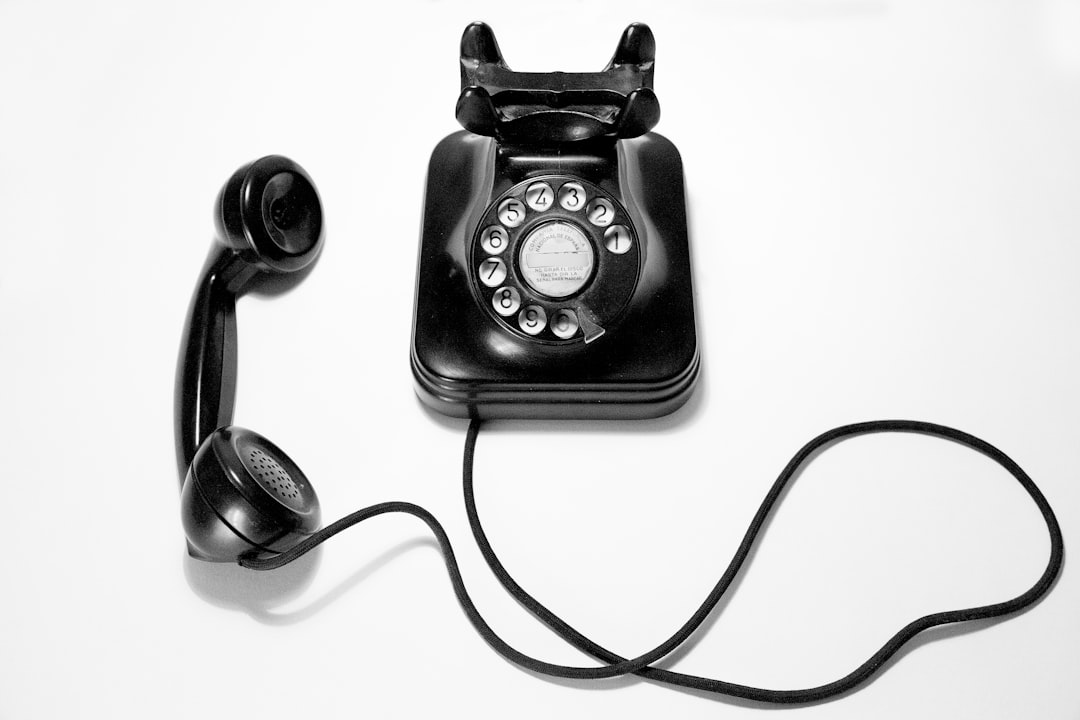Robocalls, despite offering some valuable services, are often unwanted and can be illegal under Federal law, particularly the Telephone Consumer Protection Act (TCPA). If you've received a spam call in Louisiana, consult a lawyer for spam call Louisiana to understand your rights and explore legal options. Swiftly hang up on spam calls to disrupt spammers' systems, then seek legal advice for blocking numbers, reporting incidents to authorities like the FTC or attorney general's office, and potential compensation for damages.
In today’s digital era, no one is immune to the persistent buzz of robocalls. These automated messages, often unwanted, can be a nuisance and even pose security risks. Federal law, however, provides consumers with specific rights and protections against spam calls. This article guides you through understanding robocalls, exploring your legal rights as a consumer in Louisiana, and outlining steps to take if you’ve received an unsolicited call, helping you navigate this modern-day enigma. For expert advice tailored to Louisiana laws, consider consulting a lawyer specializing in spam calls.
Understanding Robocalls and Federal Regulations

Robocalls, automated phone calls that deliver recorded messages, have become a ubiquitous part of modern life. While some robocalls offer valuable services or information, many are considered unwanted and intrusive, especially when they persist despite being opted out of. Federal law plays a crucial role in regulating these calls to protect consumers from excessive or misleading messaging.
The Telephone Consumer Protection Act (TCPA) is the primary legislation addressing robocalls in the United States. This federal law grants consumers the right to silence unwanted phone marketing calls and puts strict restrictions on how businesses can use automated dialers. If you’ve received a spam call in Louisiana, consulting with a lawyer specializing in such cases can help you understand your rights under the TCPA and explore potential legal recourse if your rights have been violated.
Consumer Rights and Protections Under Federal Law

Under federal law, consumers have specific rights and protections regarding robocalls. The Telephone Consumer Protection Act (TCPA) prohibits automated or prerecorded telephone calls to cellular phones and home telephones unless the caller has obtained prior express consent from the recipient. This means that if you’ve never given permission for a company to call you using an automatic dialing system, such as a robot, those calls are illegal.
If you receive unwanted robocalls, you have several options. You can report them to the Federal Trade Commission (FTC), which regulates telemarketing practices. Additionally, many states, including Louisiana, have their own laws against spam calls, offering further protections for consumers. Considering a lawyer for spam calls in Louisiana can help navigate these complex legal issues and ensure your rights are upheld.
Taking Action: What to Do If You've Received a Spam Call

If you’ve received a spam call, don’t ignore it. Take action to protect yourself and your personal information. The first step is to hang up immediately. Many spam calls are automated, so simply ending the call disrupts their process and prevents further attempts.
Next, consider reaching out to a lawyer for spam call Louisiana. They can guide you on the best course of legal action. This may include blocking the caller’s number, reporting the incident to your state’s attorney general’s office, or filing a complaint with the Federal Trade Commission (FTC). A lawyer can also assist in seeking compensation for any damages incurred due to the spam call.






